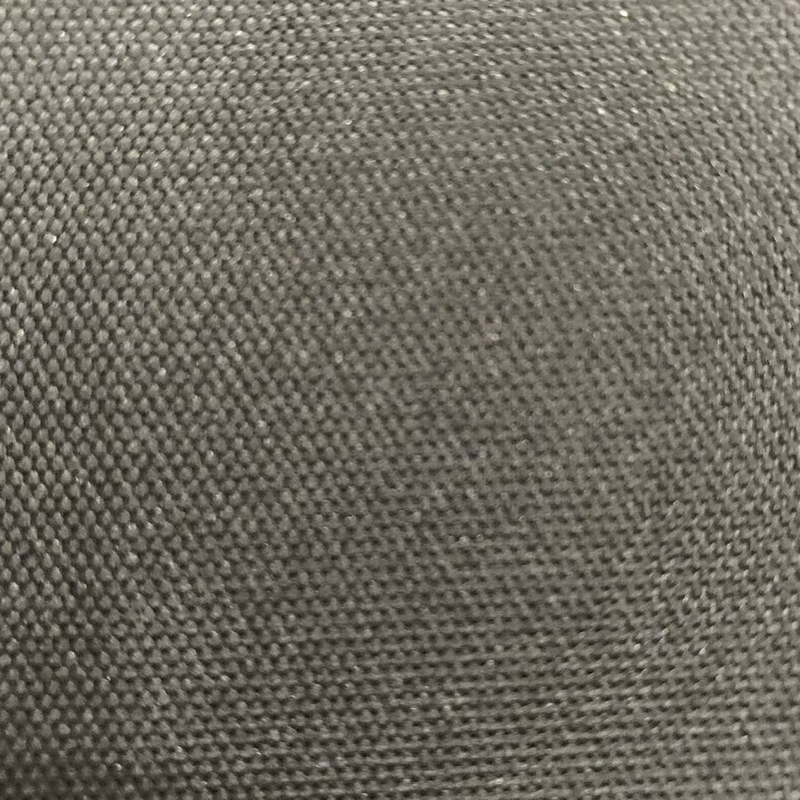Polyester, a ubiquitous synthetic fiber in the textile industry, is derived from petroleum-based chemicals. Its production traditionally involves resource-intensive processes that consume significant amounts of energy and contribute to environmental pollution. However, the emergence of recycled post-consumer polyester has introduced a sustainable alternative that not only reduces waste but also conserves energy resources.
The Energy Intensity of Virgin Polyester Production
Producing virgin polyester begins with the extraction and refinement of crude oil. This raw material undergoes a series of complex chemical processes to transform into polyester fibers. These processes, which include polymerization and spinning, are highly energy-intensive. According to studies, manufacturing virgin polyester can consume substantial quantities of electricity and fossil fuels, highlighting its environmental impact primarily through greenhouse gas emissions and resource depletion.
Energy Savings Through Polyester Recycling
In contrast, Recycled Post-Consumer Polyester Fabric offers a compelling solution to mitigate these environmental burdens. Recycled polyester, often sourced from post-consumer waste such as PET bottles or discarded polyester textiles, undergoes a process that involves collection, sorting, cleaning, and reprocessing into new polyester fibers. This method significantly reduces the energy demand compared to producing polyester from raw materials.
Studies consistently show that recycling polyester can yield energy savings ranging from 50% to 75% compared to virgin polyester production. The exact savings depend on factors such as the efficiency of recycling technologies, transportation logistics, and the energy mix used during processing. These savings are not merely theoretical but contribute tangibly to reducing the industry’s carbon footprint and lessening dependence on finite fossil fuel resources.

Environmental Benefits Beyond Energy Conservation
Beyond energy savings, recycling polyester offers additional environmental benefits. By diverting polyester waste from landfills and incineration, recycling helps alleviate pressure on waste management systems and reduces the release of harmful pollutants into the environment. It also conserves natural resources, such as crude oil, which are otherwise depleted through virgin polyester production.
Furthermore, the lifecycle analysis of recycled polyester reveals a holistic reduction in environmental impacts. It minimizes water consumption, lowers greenhouse gas emissions, and contributes to a circular economy by promoting the reuse of materials that would otherwise contribute to environmental degradation.
Conclusion: The Role of Recycling in Sustainable Textile Production
In conclusion, the energy savings associated with recycling polyester compared to producing virgin polyester underscore its critical role in sustainable textile production. By harnessing recycled post-consumer polyester, manufacturers not only reduce energy consumption and greenhouse gas emissions but also align with global sustainability goals. As consumer awareness and regulatory pressures drive industries towards more eco-friendly practices, recycled polyester stands out as a pivotal solution to mitigate environmental impacts while meeting the demands of a growing textile market.
Embracing Recycled Post-Consumer Polyester Fabric is not just a choice for sustainability-conscious businesses; it represents a transformative shift towards a more circular and resource-efficient economy. As technologies improve and awareness spreads, the potential for recycling polyester to further enhance its environmental credentials remains promising, paving the way for a cleaner and more sustainable future in textile manufacturing.